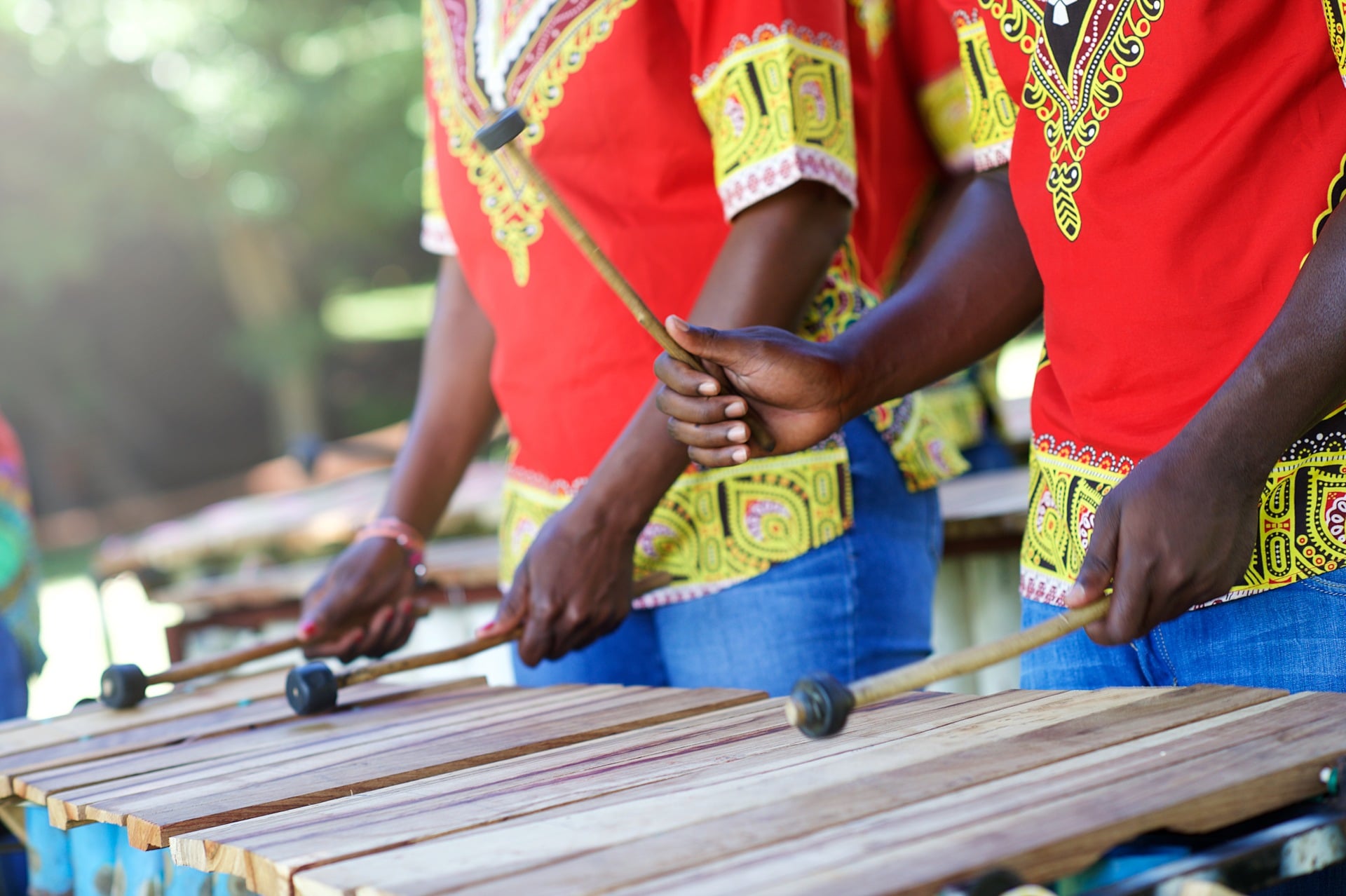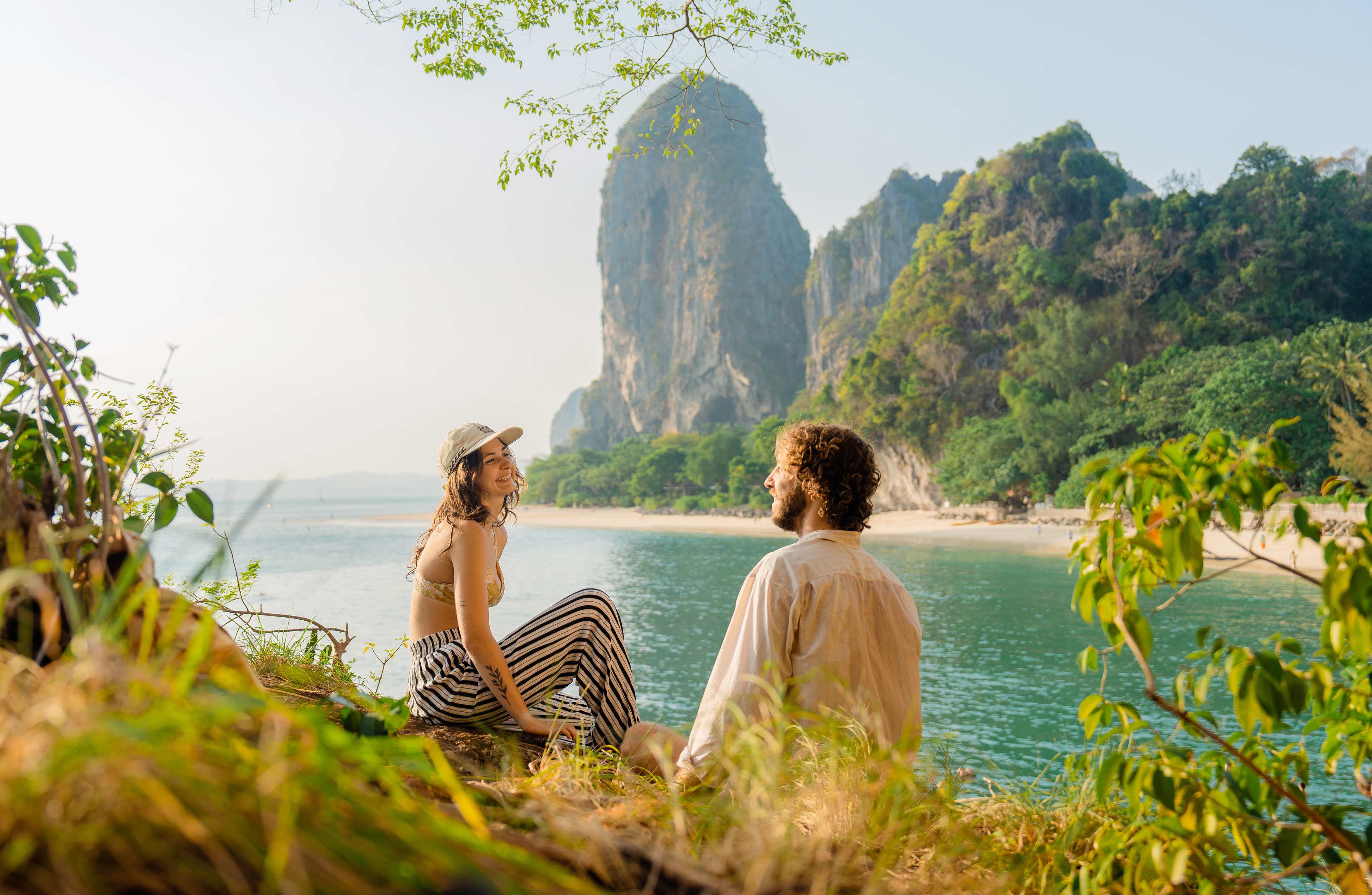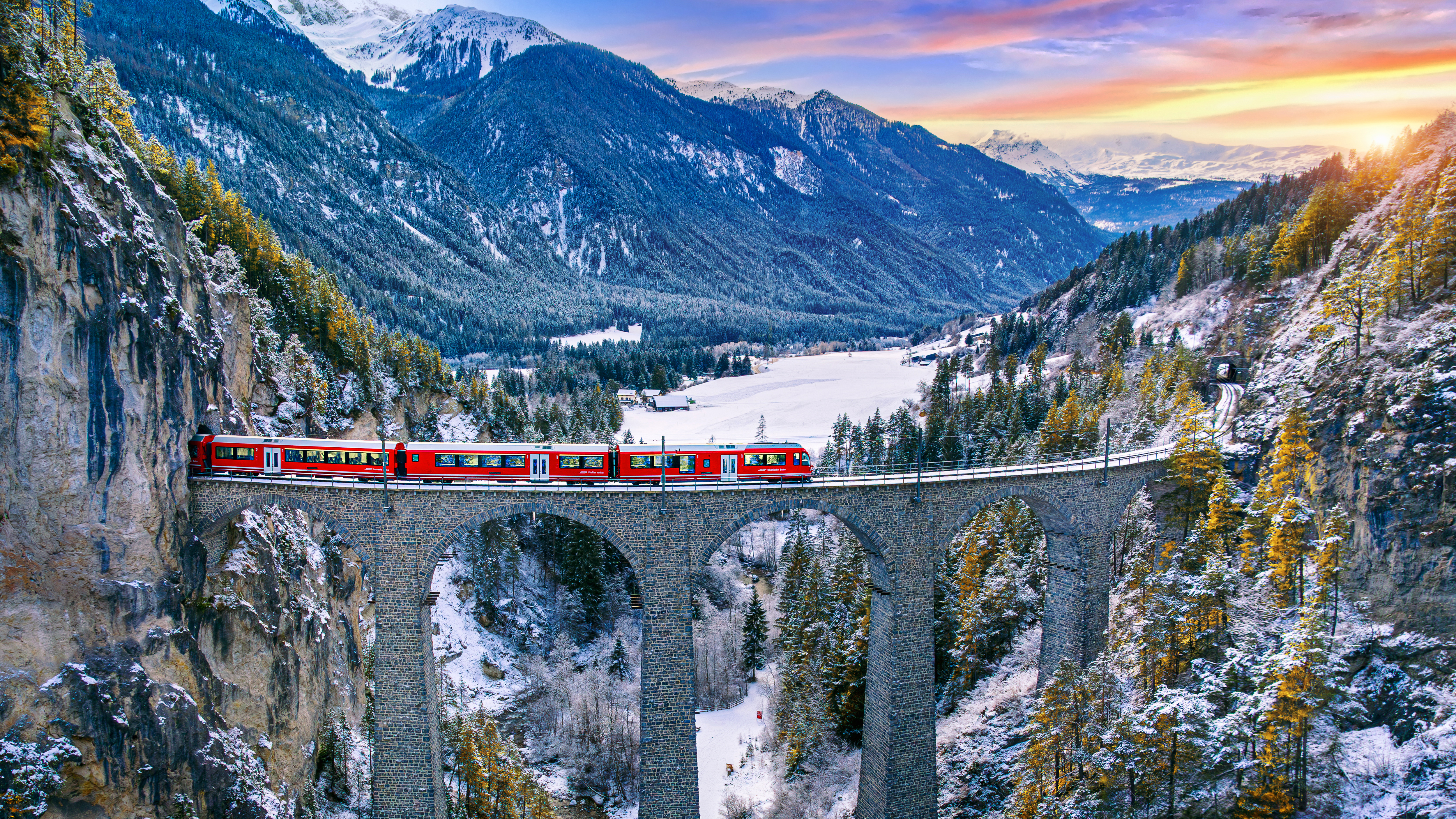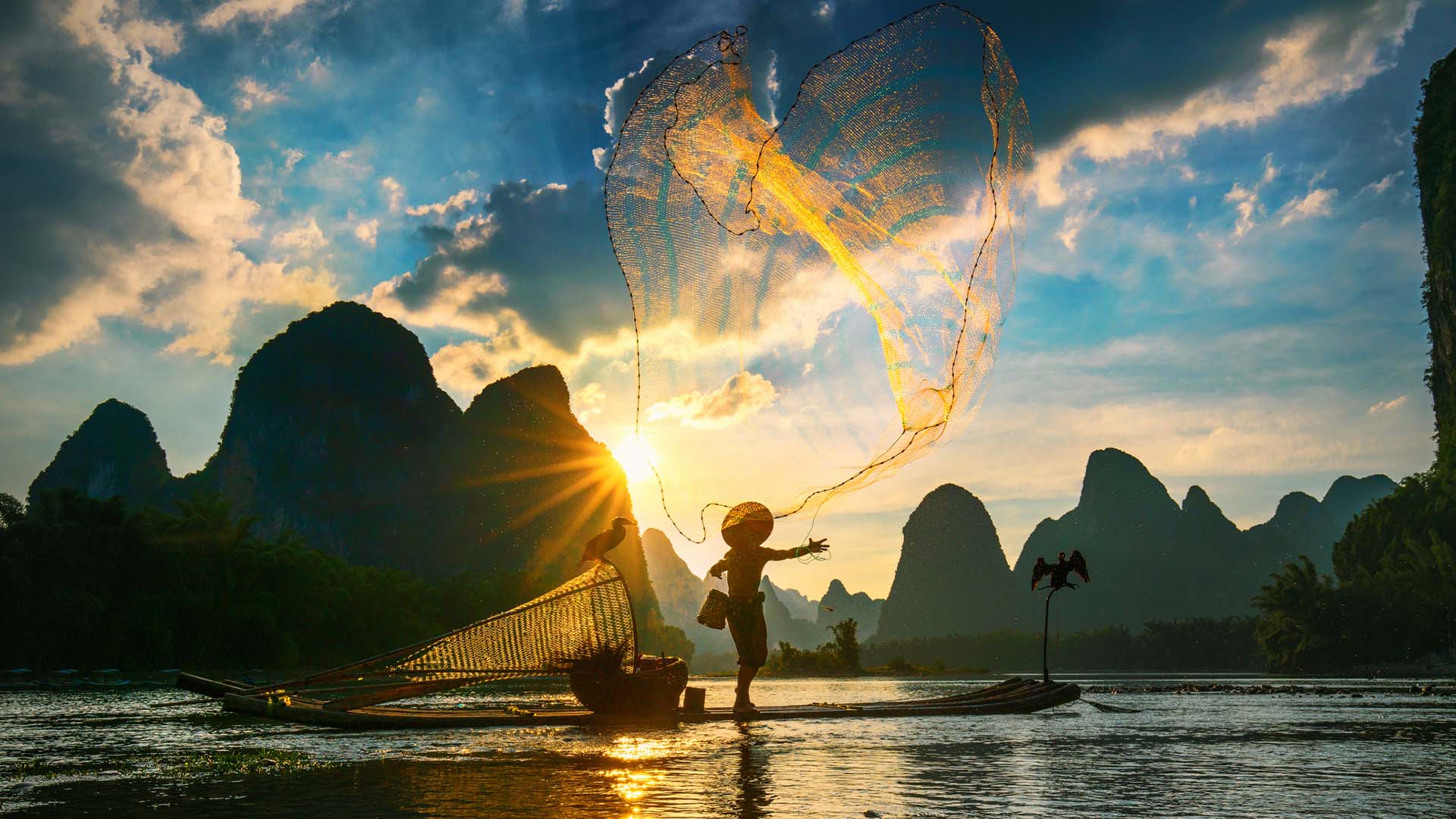Culture & Traditions
Discover Botswana's vibrant culture, rooted in tradition and diversity.
Botswana's culture is a vibrant tapestry woven from the threads of tradition, diversity, and resilience. This Southern African nation, home to various ethnic groups, has cultivated a unique and harmonious cultural identity. Botswana's culture is deeply intertwined with the environment. The country's conservation efforts align with cultural values prioritizing sustainable coexistence with the natural world.
The Tswana people are the dominant ethnic group and have played a significant role in shaping Botswana's culture. They've embraced modernity while preserving their heritage. Other ethnic groups, such as the San, Herero, and Kalanga, also contribute to the country's cultural mosaic.
Botswana is a diverse religious landscape, with a blend of indigenous beliefs, Christianity and Islam. Traditional rituals, including ancestor veneration and divination, continue to play a role in many communities.
What is the visiting etiquette in Botswana?
Being welcomed warmly is typical in Botswana, with the formal greeting being the handshake. Plan to first greet elders, who might also grasp your wrist with the opposite hand when shaking hands. Don’t be surprised if the handshake also includes thumbs linking up. It's a unique three-part handshake commonly used in Botswana. Using proper salutations when addressing someone is appreciated. You might hear locals addressing a woman by saying dumela, mma, and men by dumela, rra.
Botswana tends to lean more conservative in their attire, so plan to dress more towards a modest dress code. You’ll find women typically wear skirts that land below the knees. Do not travel into rural areas with the expectation of taking photos of locals. It is important to always ask permission before any photos, and refrain from any photos of children regardless.
And lastly, if you are out and about in a town, attempting to gain help, such as directions from a local, be sure to slow down your pace. Attempt to engage a local with a short greeting before launching into your request, as the pace of communication tends to be less urgent in Botswana. Locals are often eager to help, but try to ask specific questions to avoid miscommunication.
What is Botswana best known for?
Botswana, a landlocked gem in Southern Africa, is a nation of remarkable contrasts and natural splendour. It stands out as one of Africa's most politically stable and democratic nations. Since gaining independence from Britain in 1966, it has maintained a multi-party political system, free elections, and peaceful transitions of power, fostering a sense of security for both citizens and travellers.
At the heart of Botswana's allure lies its breathtaking natural landscapes. Environmental preservation is a core value in Botswana. The nation's culture and policies prioritize conservation, including efforts to combat poaching, deforestation, and desertification. The Okavango Delta, the world's largest inland delta, is a UNESCO World Heritage Site and a magnet for wildlife enthusiasts. It transforms from arid land to a lush oasis during the seasonal flood, offering unparalleled wildlife viewing.
Its national parks and reserves, including Chobe, Moremi, and Makgadikgadi Pans, provide prime opportunities to encounter the Big Five (lions, elephants, leopards, rhinos, and buffalo. Conservation efforts prioritize the protection of these habitats and species.Botswana is a haven for birdwatchers, particularly during the wet season. This is the time when migratory bird species flock to its wetlands, rivers, and parks, adding vibrant colours and melodies to the landscape.
What are some Botswana traditions?
Music and dance are integral to Botswana's culture. Traditional songs, often accompanied by instruments like the marimba and traditional drums, narrate stories of daily life and history. Sounds from the body such as clapping and stomping, and the occasional whistle are common too. Dances are common too, like the energetic Setapa from the Bangwaketse tribe of Botswana, a dance with the rhythmic tapping motion of the feet celebrating the harvest season. The celebratory Basarwa dance is performed to mark hunting and gathering, in preparation or celebration after hunting success. Men’s feet are adorned with cocoon rattles, stomping together while the women sing and clap hands. All dances are culturally important, and central to social gatherings and ceremonies.
The country is known for its arts and crafts, from intricate basketry to pottery and beadwork. Women of the Hambukushu and Bayei tribes in the northwestern parts of Botswana have been making baskets for thousands of years. Mokola palm leaves are dyed shades of brown and black by using the roots and bark of local trees. Beautiful patterns are woven in a circular coil to create different types of baskets, from storage to grain plates. The basket process typically takes from four to six weeks to complete, and are now sought after by visitors as a keepsake of their travels. These crafts are not only artistic expressions but also a source of income for many communities, particularly women.
What are Botswana people like socially?
Generally, the people of Botswana are known for being approachable and social. In addition to historical influences of Christianity, a social stratification system continues to exist, which can be noticeable in the interactions with locals you might encounter. Over the years, Botswana has found success in being united, and practicing peace amongst one another. This translates into the general attitude of locals, who often demonstrate empathetic and loving relations.
There is a closely adhered concept followed in Botswana, known in Setswana as botho, or ubuntu, which puts emphasis on respect, kindness, and compassion for one another. It highlights accepting others as they are, and not exhibiting aggressive or abrasive behaviors. This translates into a strong sense of community and supporting one another.
What language is spoken in Botswana?
Setswana, a language of the Tswana people, is the national language, with some notable differences in dialects versus other locations in southern Africa. The official business language of Botswana is English, with communication conducted both written and verbally. Travellers will find that English is spoken widely at tourist lodges and in more urban locations. Try to learn a couple local Setswana phrases before interacting with locals, such as dumela (hello) and kea leboga (thank you). The locals will be impressed that you have made the effort!
Travel Stories
Get inspired about Your Trip to Botswana
Unlock more by subscribing to our newsletter.
With our newsletter, you’ll get access to regular communications that inspire you and help you explore the world your way.



